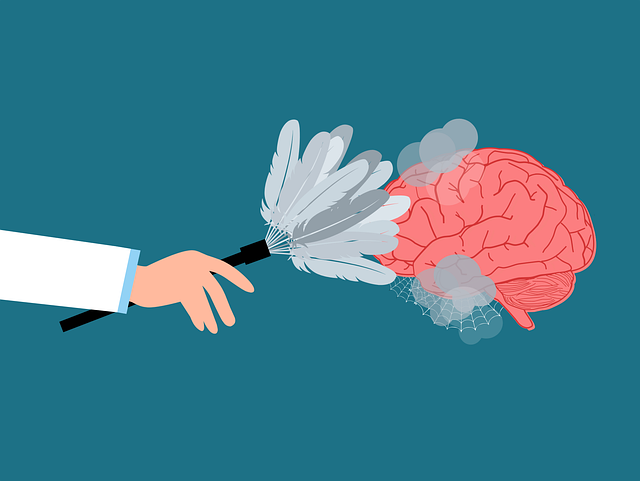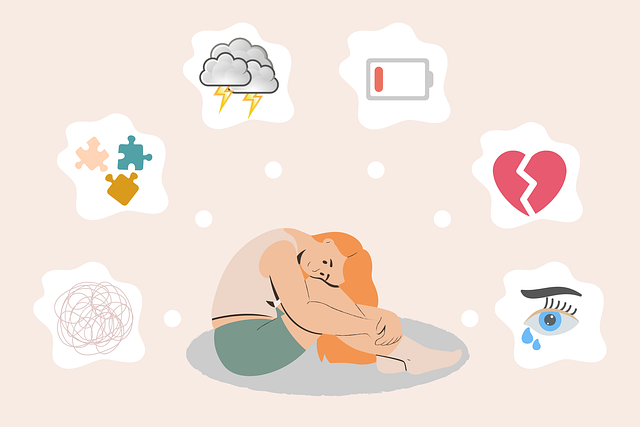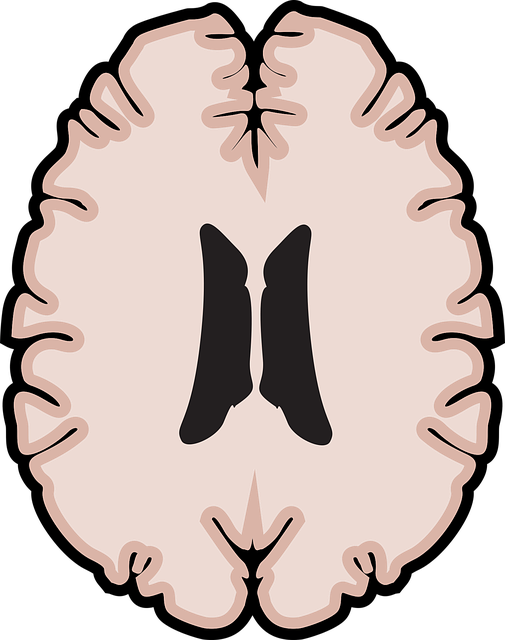Mental wellness journaling, a safe space for self-reflection, is particularly beneficial for managing bipolar disorder through Westminster Bipolar Disorder Therapy. By recording daily experiences and emotions, individuals gain insights into their psychological landscape, identify triggers, and develop coping strategies. This practice enhances cultural sensitivity in mental healthcare, fosters community connections, and promotes self-care routines, ultimately aiding symptom management and mental wellness. Professionals at Westminster Bipolar Disorder Therapy encourage clients to maintain journals as a valuable tool for self-monitoring and proactive condition management.
Unwind your mind and embark on a journey of self-discovery with mental wellness journaling. This powerful tool, accessible to all, offers a quiet space for reflection and processing emotions. In this article, we explore how journaling can be a game-changer for managing bipolar disorder, as supported by Westminster Bipolar Disorder Therapy. From understanding its benefits to practical tips for starting, discover how this simple exercise can revolutionize your mental wellness.
- Understanding Mental Wellness Journaling: A Tool for Self-Reflection
- Benefits of Journaling for Managing Bipolar Disorder
- Practical Tips for Starting and Maintaining a Wellness Journal
Understanding Mental Wellness Journaling: A Tool for Self-Reflection

Mental wellness journaling is a powerful tool for self-reflection and personal growth, offering individuals a chance to explore their thoughts and emotions in a safe and private space. It involves recording one’s experiences, feelings, and insights related to mental health and well-being. For those dealing with conditions like bipolar disorder, as often managed through Westminster Bipolar Disorder Therapy, journaling can provide a structured outlet for processing complex emotions and tracking mood changes. This practice encourages individuals to develop a deeper understanding of their psychological landscape.
By jotting down daily experiences and reflections, one can identify patterns, triggers, and sources of stress or anxiety (anxiety relief). Moreover, cultural sensitivity in mental healthcare practice becomes integral as journaling allows individuals from diverse backgrounds to express themselves freely, potentially leading to more tailored therapeutic approaches. Similarly, community outreach program implementation can benefit from this practice by fostering a sense of connection and shared experience among participants.
Benefits of Journaling for Managing Bipolar Disorder

Journaling has emerged as a powerful tool for individuals living with bipolar disorder, offering numerous benefits in their journey towards mental wellness. This simple yet profound practice allows people to gain insight into their emotional states, track mood changes, and identify triggers that can impact their bipolar symptoms. By jotting down their thoughts and feelings daily, they can better understand the ebb and flow of their disorder, enabling them to develop effective coping strategies.
For those seeking Westminster Bipolar Disorder Therapy, journaling can serve as a valuable companion. It facilitates self-reflection, promotes emotional well-being promotion techniques, and aids in stress management workshops organization. Through regular writing, individuals can also engage in risk assessment for mental health professionals, ensuring they are proactively managing their condition. This practice offers a safe space to express themselves without judgment, fostering better self-awareness and resilience.
Practical Tips for Starting and Maintaining a Wellness Journal

Starting a wellness journal can seem daunting, but it’s a simple yet powerful tool to support your mental health journey, especially if you’re managing conditions like bipolar disorder. Here are some practical tips to get you going:
Begin by setting aside dedicated time each day for journaling. Consistency is key; even just 15 minutes can make a difference. Choose a quiet space where you feel comfortable expressing yourself without interruption. Consider creating a ritual around it, like writing right after waking up or before bed, to establish a routine. Make it personal and enjoyable – use colorful pens, decorate the pages, or add prompts that resonate with your experiences. You might reflect on your emotions, track moods, jot down inspiring quotes, or simply write about your day’s highlights and challenges.
Remember, there’s no right or wrong way to journal. It’s a space for self-care routine development, stress management, and burnout prevention. Let it be a safe haven where you can openly explore your thoughts and feelings, without judgment. Regularly review your entries to identify patterns, triggers, and areas of improvement. This practice may even help in managing symptoms associated with bipolar disorder and other mental health conditions. For instance, at Westminster Bipolar Disorder Therapy, professionals often encourage clients to maintain such journals as a valuable self-monitoring tool.
Mental wellness journaling can be a powerful tool for self-reflection and managing conditions like bipolar disorder. By providing a space for unfiltered expression, it promotes clarity and emotional regulation. As discussed in this article, from understanding its benefits to practical tips for starting, mental wellness journaling is accessible and valuable for anyone looking to enhance their mental health. For those specifically dealing with bipolar disorder, incorporating this practice into daily routines could be a game-changer, potentially offering insights and support alongside professional help like that provided by Westminster Bipolar Disorder Therapy.














